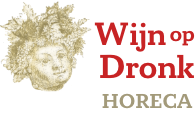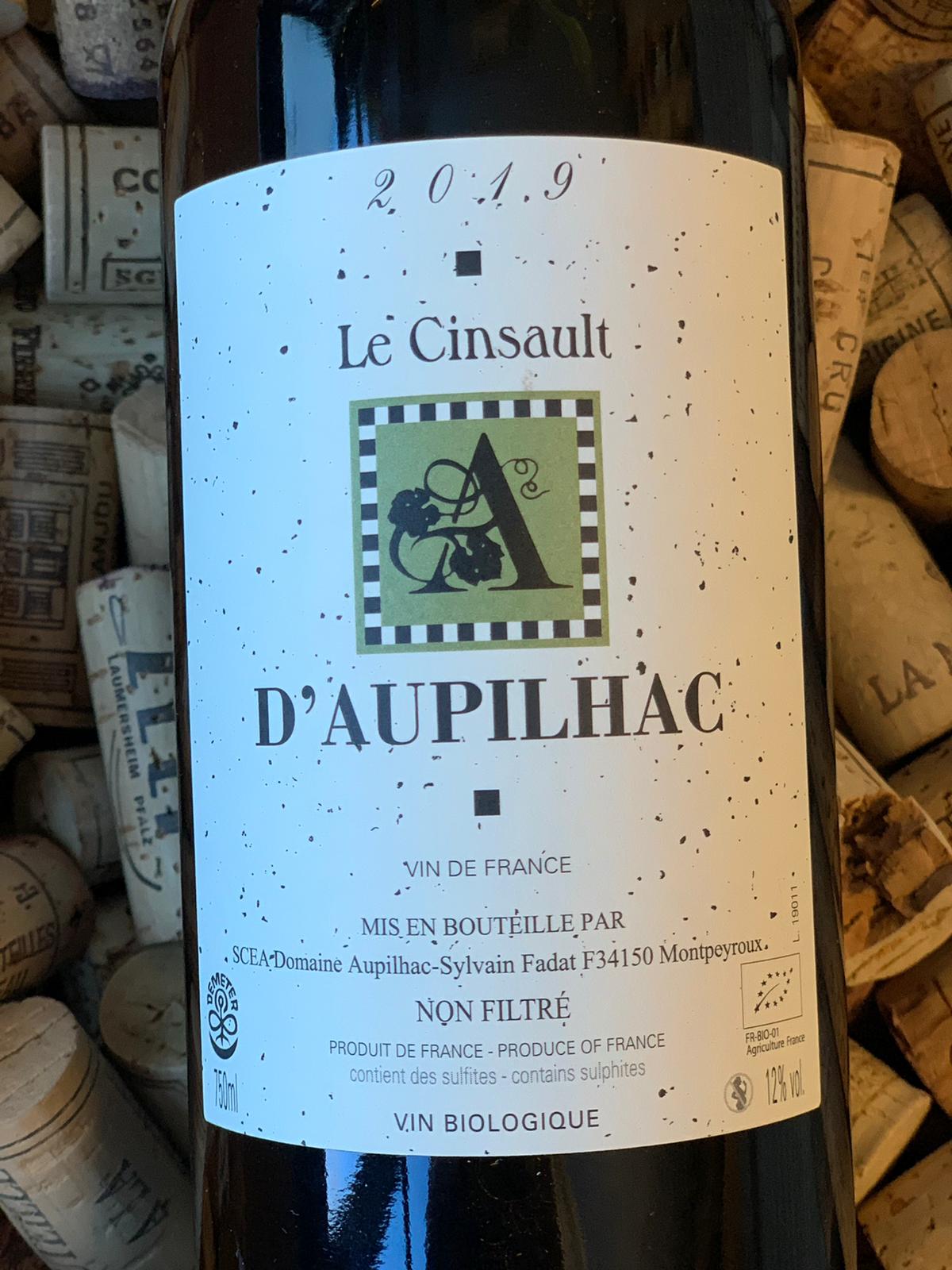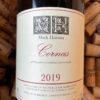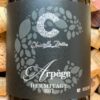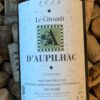Bio
Domaine d’Aupilhac Le Cinsault Vin de France 2019
€ 19,50
Rood – cinsault – rode bessen – rode kersen – witte peper – zijde zachte tannine
Op voorraad
10% korting vanaf 6 flessen, ook assorti
Deel deze wijn via:
Beschrijving
Languedoc
De Languedoc is een van de meest dynamische wijnstreken van Frankrijk. De door de EU gesubsidieerde wijn voor de wijnplas heeft plaats gemaakt voor kwaliteit. Een mediterraan klimaat en een grote verscheidenheid aan bodems zorgen voor een enorme variatie van wijnen. Ook wordt de Languedoc nauwelijks gehinderd door eeuwigdurende tradities en starre regels. Je kunt hier wijn maken van de druiven die je wilt, op de manier die je wilt. Domaine d’Aupilhac van Sylvain Fadat heeft zich in minder dan 30 jaar ontwikkeld tot een van de beste producenten van de Languedoc, naast Mas de Daumas Gassac, Mas Laval en La Grange des Peres. Deze wijnen, en nog meer kwaliteitsbakken, komen alleen uit hetzelfde stukje Languedoc; Montpeyroux, Saint-Saturnin, Saint-Guilhem-le-Désert en Aniane net aan de andere kant van de Hérault rivier.
Domaine d’Aupilhac
Domaine d’Aupilhac is een biodynamisch wijnbedrijf in Montpeyroux, Languedoc. De eerste wijnen van Sylvain Fadat werden gelanceerd in 1989, toen hij de wijngaarden van zijn grootmoeder erfde.
Sylvain heeft wijngaarden in twee lieux-dits. Aupilhac in Montpeyroux is een warme wijngaard op 120-150 m met blauwe mergelgrond. Hier staan voornamelijk de rode druiven mourvèdre en carignan maar ook wat ugni blanc en clairette. Les Cocalières is een ander verhaal, een levensproject gestart net voor de milleniumwisseling. Hier heeft hij eigenhandig een wijngaard aangelegd; de terrassen in de berg gehakt en wijnstokken geplant. Les Cocalières is hoger gelegen (350 m) en op het noordwesten georiënteerd. Hier vind je naast syrah en witte druiven roussanne, marsanne, grenache blanc en rolle (vermentino). Dit perceel is ooit een meer geweest en werd gevormd door een vulkaanuitbarsting. De bodem is klei-kalksteen en dus basalt van vulkanische activiteit, een bijzonder bodemtype. De druiven zijn hier fysiologisch rijp op 13% alcohol i.p.v. van de 14,5% in de Aupilhac wijngaard.
In de kelder is het wijnmaken zeer authentiek; wilde fermentatie, rijping op hout zonder invloed van nieuw hout en geen klaren noch filteren. Sylvain is vanaf het begin overtuigd geweest van het sublieme terroir in de regio en om dit punt kracht bij te zetten is hij zijn wijnmaken, naast absolute kwaliteit, ook gaan afstemmen op bewaarpotentieel. Zo zijn jaargangen 2003 en 2006 dezer dagen nog steeds frivool en levendig! Geweldige wijnen uit een ondergewaardeerd stukje Frans wijnland!
Le Cinsault Vin de France
De Vin de France is gemaakt van 100% cinsault. De wijnstokken zijn aangeplant op terrassen gelegen op de heuvels. De bodem bestaat uit klei en kalksteen met basalt. De cinsault heeft een korte maceratie gehad. De wijn rijpt 14 maanden in vaten. Aroma’s van rode bessen, rode kersen, buxus. Witte peper, knapperig! Zijde zachte tannine. Heerlijk om licht gekoeld te drinken.
De wijnmaker van d’Aupilhac, Sylvain Fadat, is in de prijzen gevallen. Hij is door het Franse wijnmagazine, La Revue du vin de France, uitgeroepen als wijnmaker van het jaar 2021.
Kermit Lynch (de inconische wijnimporteur van California) over Aupilhac:
Three generations of Fadats have farmed the large, eighteen-hectare lieu-dit known as Aupilhac, in the village of Montpeyroux, across the river Hérault from Daumas Gassac and Grange des Pères. While the Fadats have farmed this land since the nineteenth century, and the vineyards date even farther back to the time of the Romans, it was not until 1989 that the current member of the Fadat family, Sylvain, finally registered the domaine as a vigneron indépendant. Aupilhac is a special parcel for many reasons. It sits at a high altitude, nestled below the ruins of the village’s château, at almost 1200 feet above sea level on terraced land with southwest sun exposure. The soils are rich in prehistoric oyster fossils, which lend an incredible length and minerality to the wines. Sylvain is not one to shy away from hard work. In a volcanic amphitheatre comprised of marine fossils and raw limestone, called Cocalières, he has done what few vignerons dare to do nowadays: he’s planted a vineyard on steep, extremely rocky terrain, and terraced the land himself. This is not only an enormous financial investment, but back-breaking work. This was the work done many centuries ago by the founders of France’s great terroirs such as Savennières and Cornas, planting the best and most promising parcels irrespective of time and money. Sylvain has also elected to have his fruit certified as organic in Europe, a mandatory three-year conversion process. For him, this is a choice both of conscience and pragmatism. He works the soil vigorously by plowing regularly. This forces the roots to dig deeper and deeper in the soil in search of cooler, humid subsoil, which protects the vines from drought and sun. Ultimately, his rationale centers on helping achieve a natural balance. In his words, “We believe that work in the vineyards has far more influence on a wine’s quality than what we do in the cellar.” What happens in the cellars is equally compelling. (See below for more technical information.) Domaine d’Aupilhac’s wines find a terrific balance of ripe fruit and silky tannins, power and grace. When aged, these wines achieve a complexity rarely found in wines sold for many times the price, while their wildness and intensity makes them equally appealing young.
Extra informatie
| Kleur | |
|---|---|
| Druif | |
| Inhoud | |
| Land | |
| Jaar | |
| Producent | |
| Appellatie | |
| Regio | |
| Bio | Biodynamisch |

